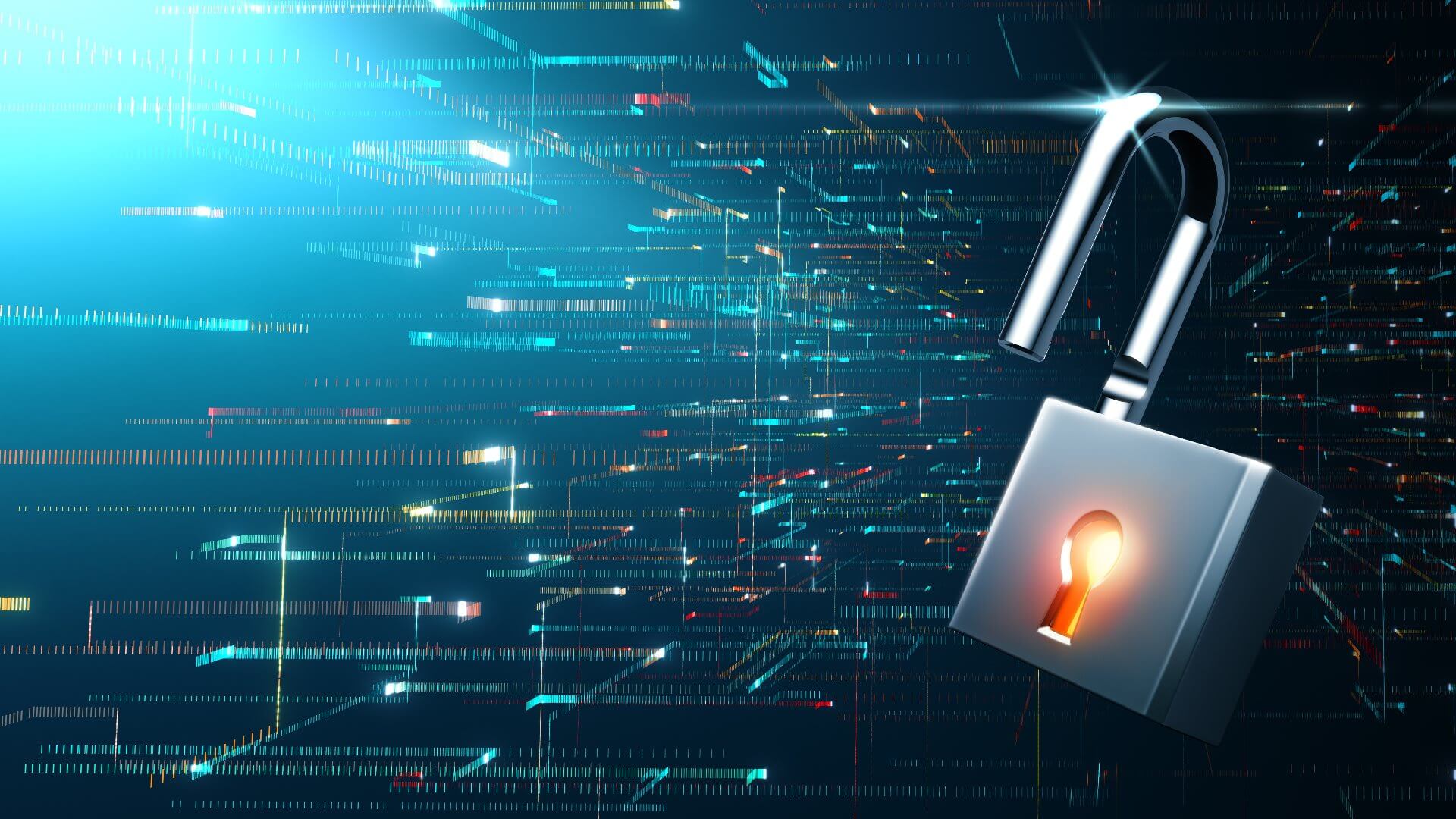
Cybersecurity and Cybercrime
"Tank's" confessions from prison have highlighted the magnitude of contemporary cybercrime, showing how large gangs operate with mafia-like structures and underscoring the urgency of strengthening global cybersecurity.
In the digital age, cybersecurity has become a fundamental pillar for the protection of individuals, companies and governments. Revelations by high-profile hackers, such as Vyacheslav Penchukov, alias Tank, have captured the attention of the public and computer security specialists. Their testimonies from prison not only expose the modus operandi of the large cybercriminal gangs, but also reflect the growing sophistication and dangerousness of these organizations.
The case of "Tank"
Tank was one of the world's most wanted cybercriminals, leading groups that stole millions using banking malware and ransomware. According to his statements, cybercriminal gangs operate with clear hierarchies, division of tasks and a network of contacts that allows them to evade justice for years.
Cybercrime as a global threat
Tank's confessions illustrate that cybercrime is not an isolated phenomenon, but a global threat that affects individuals as well as financial and state institutions.

The cybersecurity response
In the face of these revelations, cybersecurity must be understood as a collective effort.
Conclusion
Tank's statements from prison are not mere anecdotes, but warnings about the magnitude of the problem. Cybercrime has established itself as one of the main threats of the 21st century, and cybersecurity must evolve at the same pace to protect the digital infrastructure that sustains our daily lives. Tank's story is a reminder that fighting cybercrime requires constant vigilance, international cooperation, and a more conscious digital culture.
Descargar Manual de Ciberseguridad
Document generated in 0 second